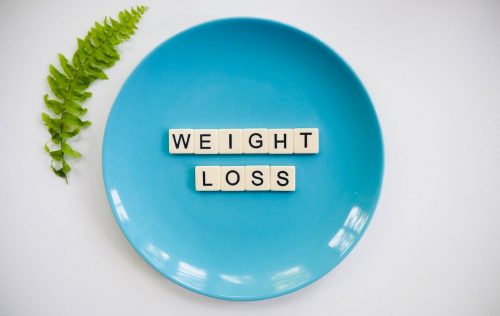By now, most people know how COVID-19 can harm them physically. This new coronavirus disease primarily attacks the lungs, sometimes causing lethal pneumonia. While most people encounter mild symptoms due to infection, older people and those with preexisting illnesses are at higher risk from complications.
However, the impact of COVID-19 is far from being purely physical. Your mental health can also suffer from the direct and indirect effects of the disease. Indeed, the reality that COVID-19 impacts mental health is sobering. However, only by understanding the risks that it places on your mind can you bolster your defenses and protect your mental health.
Fears Over Transmission
The thought of a new disease that’s rapidly spreading is already worrying. It doesn’t help that the condition has no cure, no vaccine, and can lead to fatalities. The novel coronavirus spreads through droplets that people release whenever they cough, sneeze, speak or even sneeze. Casual contact, such as spending time with another person, carries a significant risk of disease transmission.

While COVID-19 infection doesn’t directly cause psychological problems, the fear of the disease and its consequences can be enough to scare people. According to YouGov, nearly six out of ten people were afraid that they would catch the virus. No one wants to contract a readily contagious disease that can lead to death.
Even if you’re not currently infected, the uncertainty can still hurt your mental wellbeing. People might think that they could catch the infection in the future. Even the possibility of becoming sick can be triggering for many people.
Contributing Factors
However, as insidious COVID-19 might be, it’s not only the illness that scares people. By now, you would be aware of the massive societal disruption that the pandemic brought to the world.
As cases started to climb, governments stepped up by imposing strict social distancing measures to reduce infection rates. In many places, these measures took the form of quarantines and lockdowns that restricted non-essential travel. Even busy streets became empty as people stayed indoors and reduced physical contact with others.

The cost of maintaining social distancing measures can be huge. Disrupted supply chains and closed businesses mean halted economic growth. As companies attempt to cut costs, some people can lose their source of livelihood. The supply of essential items such as disinfectants and personal protective equipment can also become scarce. The potential loss of jobs and the inadequate supply of goods can be a potent source of stress.
Symptoms And Consequences
Many of the main symptoms of mental conditions are noticeable. For example, anxiety disorders cause intense feelings of dread and fear, while people with depression often feel down and in low spirits.
What distinguishes mental illnesses from everyday moods is their potential to disrupt normal activities. Anxiety disorders can lead to extreme stress that prevents people from accomplishing basic tasks. Clinical depression can cause someone to lose interest in everyday activities, sometimes leading to suicidal ideation.
Other symptoms of mental health problems depend on how the person reacts to the condition. If stress makes them lose their appetite, they may gradually develop weight loss. If they respond with stress-eating, they may gain weight.

The problem is that with all the uncertainty in the world today, it can become challenging to determine the cause of the symptoms you feel. As Timothy J. Legg, Ph.D., explains, “some people may attribute weight gain to the fact that their gyms are closed and that they have been baking or cooking more than they had been, while others may be experiencing weight loss that may be due to depressive symptoms.”
Actions To Take
To defend yourself against COVID-19, you need to fortify yourself physically and mentally. First, make sure to eat a well-balanced diet, exercise regularly, and get enough quality sleep. By taking care of your body, you also take care of your mind and your emotions.
If everything becomes too much to take, remember to take a break. Breathing exercises and meditation sessions can help you return to a calmer state. It also provides the opportunity to assess your situation and put things into perspective.

Social connection is now more critical than ever. Make sure to spend ample quality time with family. Reach out to friends with a quick phone call or a short message.
Finally, don’t be afraid to consult with a mental health professional for consultations and treatment. While COVID-19 presents dangers to your physical and mental health, being aware and taking action are already powerful ways to protect yourself from harm.